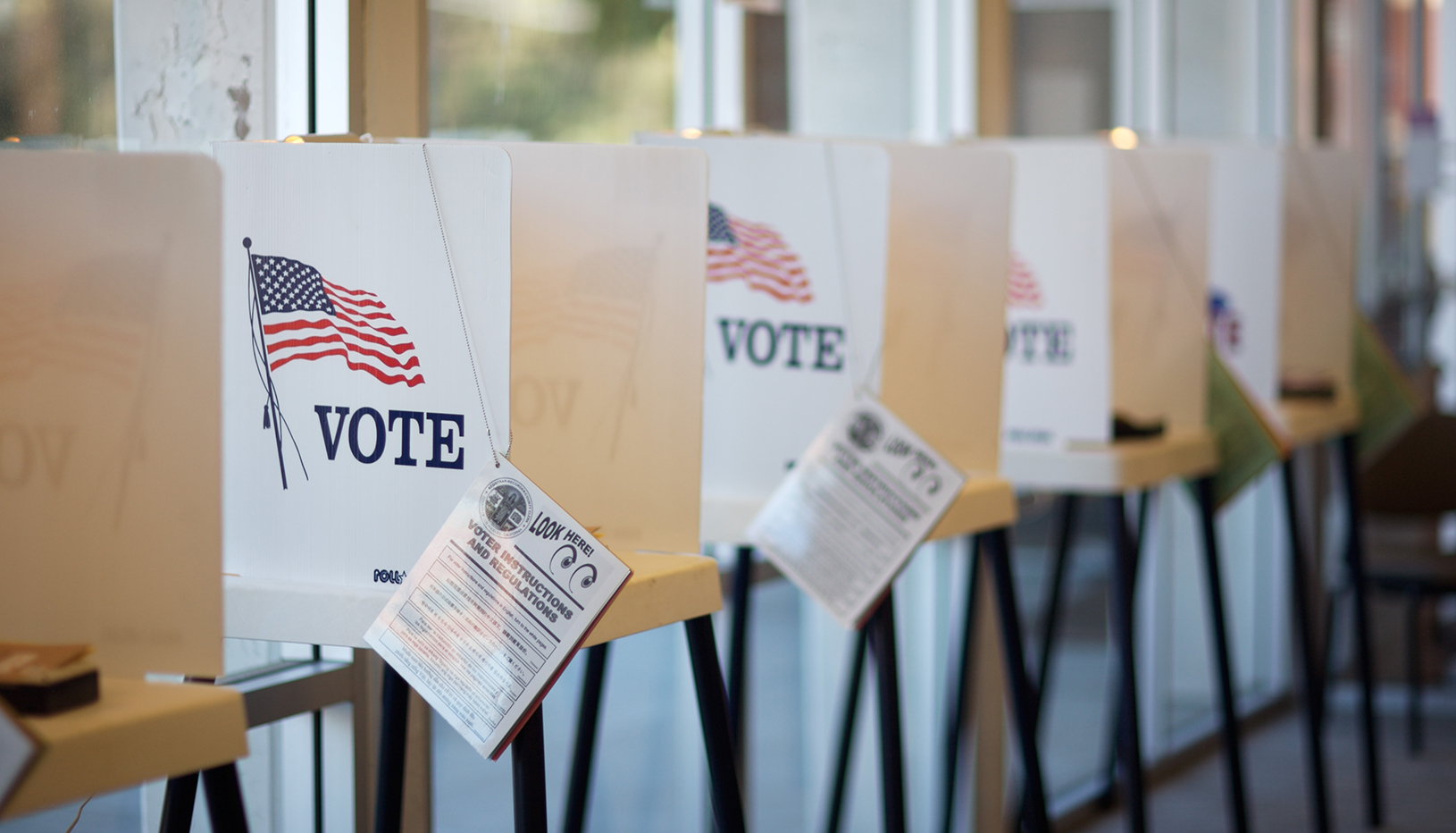Certification — the statutory process by which officials sign off on the completion of election results — is usually an uncontroversial postelection formality. State laws have long established that officials have a mandatory duty to certify elections.
Despite this well-settled law, states across the country are facing a new phenomenon. Since the 2020 election, a growing number of rogue local officials have refused or threatened to refuse to certify valid election results. In each of these instances, state courts and officials intervened to protect the certification process. But the danger remains that rogue officials may attempt to interfere with the timely certification of this year’s presidential election results.
Fortunately, states have many legal tools available to respond to any certification issues that arise in November. The guides below for key battleground states, created by All Voting is Local, the Brennan Center, the Campaign Legal Center, and Protect Democracy, list these safeguards. An additional guide details the general safeguards that all states have to protect certification.



